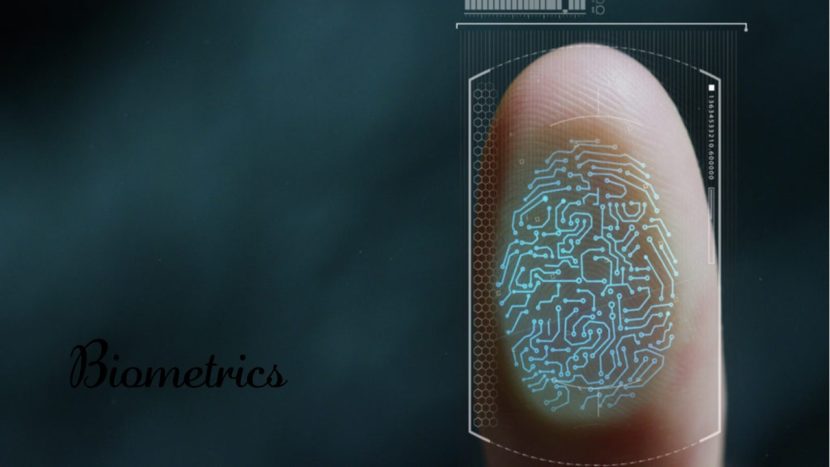Biometrics and Canadian immigration: What you need to know
Biometrics are collected for all foreign nationals between the ages of 14 and 79 who are applying for, claiming, or requesting Canadian temporary residence (excluding U.S. nationals), permanent residence or refugee protection.
Biometric information allows Immigration, Refugees and Citizenship Canada (IRCC) to strengthen identity management and enhances security by checking the applicants identity against Canadian criminal and immigration records.
IRCC collects the following information from an applicant at a biometrics collection service point:
- Biographic data: Name, date of birth, and other personal details of an applicant as listed on the biographic data page of the applicant’s passport or travel document
- 10 fingerprints: Fingerprints of the applicant, captured electronically during the biometrics collection session, using an electronic fingerprint-capture device
- Photograph: A digital photograph of the applicant
Biometrics and Canadian immigration: Who must provide biometrics?
If you are between the ages of 14 and 79, you must provide your biometrics.
Temporary residence applicants must provide biometrics if they are applying for:
- A temporary resident visa
- An extension of authorization to remain in Canada as a temporary resident
- A temporary resident permit
- A restoration of temporary resident status
- A work permit or renewal of a work permit
- A study permit or renewal of a study permit
Permanent residence applicants must provide biometrics if they are applying for:
- A permanent resident visa
- A request to remain in Canada as a permanent resident
- A new permanent resident card for the first time in cases where they were exempt from biometrics enrolment because they were under the age of 14 years at the time of their application
Refugee protection claimants must provide biometrics if they are applying for:
- An in-Canada asylum claim (no upper age limit)
- An overseas refugee resettlement claim
It is important to note that applicants who are eligible to apply for an electronic travel authorization are not required to provide their biometrics if they are travelling to Canada as a tourist.
What if the applicant is approaching 14 or 80 years old?
As per section R12.2(2) of the Immigration and Refugee Protection Regulations (IRPR), the requirement to provide biometrics is based on the age of the applicant on the date in which the application, claim, or request is made.
Therefore, applicants who were 13 years old when their application, claim or request was submitted but turned 14 years old when the application was received by IRCC are required to provide their biometric information. Similarly, applicants who are 80 years of age or older need to provide their biometric information if they were 79 years old or younger at the time their application was made.
Where are biometrics collected?
Applicants are required to present themselves in person at a biometrics collection service point. Service points include:
- Visa application centres (VACs)
- Select United States (U.S.) application support centres
- Select Service Canada locations
- IRCC visa offices (in limited situations)
- Select ports of entry
- Select Global Affairs Canada locations
What are the fees for having biometrics done?
The processing fee for biometrics are:
- $85 individual
- $170 family rate
- $255 group of performing artists
The biometric fee must be paid each time an applicant provides biometric information unless they are exempt from paying fees. Permanent residence applicants are required to enrol their biometrics with each application.
Applicants are not required to pay the biometric fee again if, as part of the same application, they are required by an officer to repeat biometrics collection.
What is the 1 in 10 policy?
Known as “the 1 in 10 policy”, subsection 12.7(1) of the IRPR provides a temporary exemption from the requirement to provide biometric information to support a subsequent application for temporary residence (including applications for the temporary resident visa, temporary resident status, work permit, study permit, or temporary resident permit).
To be eligible for the exemption, the applicant must have previously provided biometrics to support a temporary residence application or have a pending permanent residence application, and they must submit the new application within 10 years of the date of biometric enrolment.

